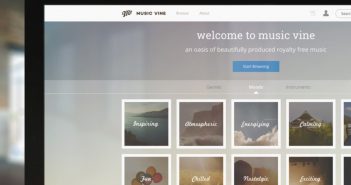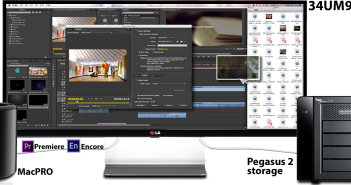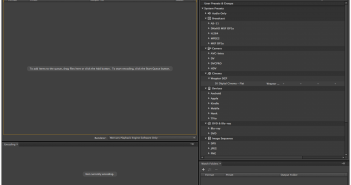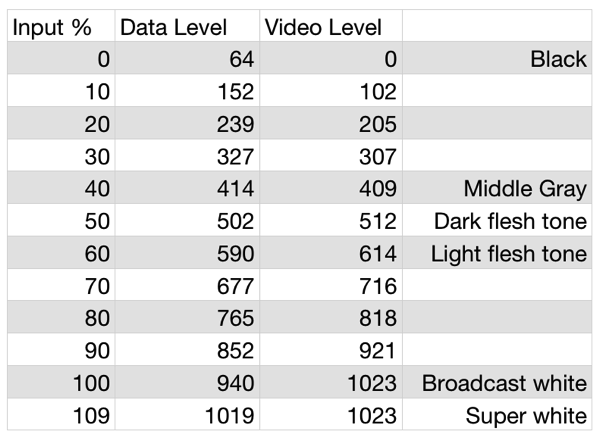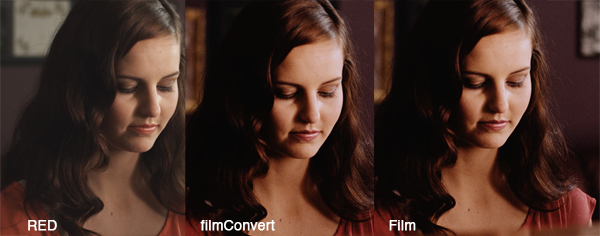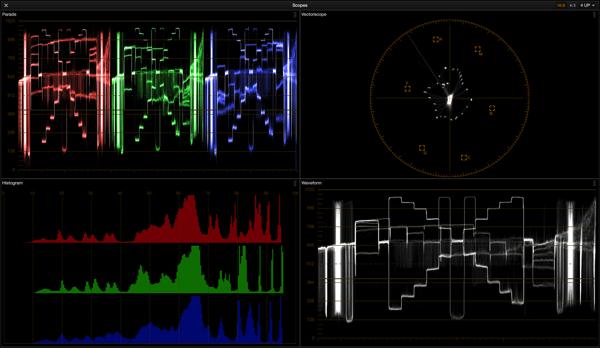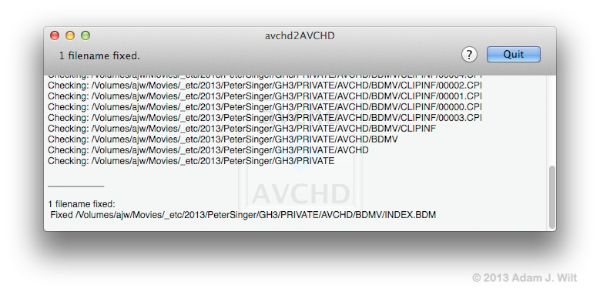The things that happen in the editing bay.
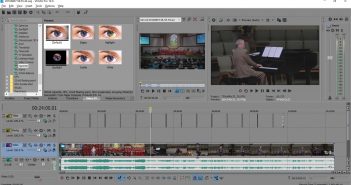
What's New in VEGAS Pro 14
Here At Last And Under New Ownership The Vegas world was excited in April 2014 with the release of Vegas Pro 13 at NAB. With a typical release at NAB…

